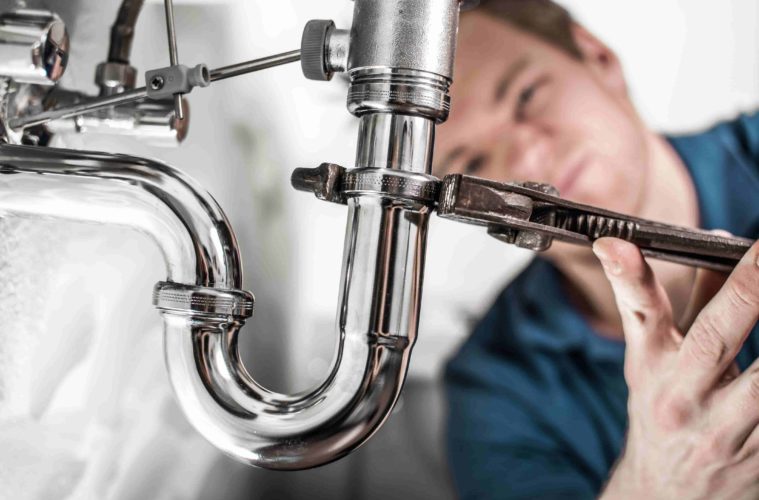Unfortunately, the pipes of your plumbing system won’t last forever and sometimes in the future, you will have to call a plumber to repair or change them, in fact, even pipes made with the best material will suffer the action of time. So at this point, the real question should be: how much time will my pipes last?
Well, to be honest, there isn’t a correct answer to this question because there are a lot of variables that you have to take in account, for example, the material they are made of, how often are they used, which type of water flow inside them and which is their position inside the house are all elements that contribute to determining the life span of your pipes.
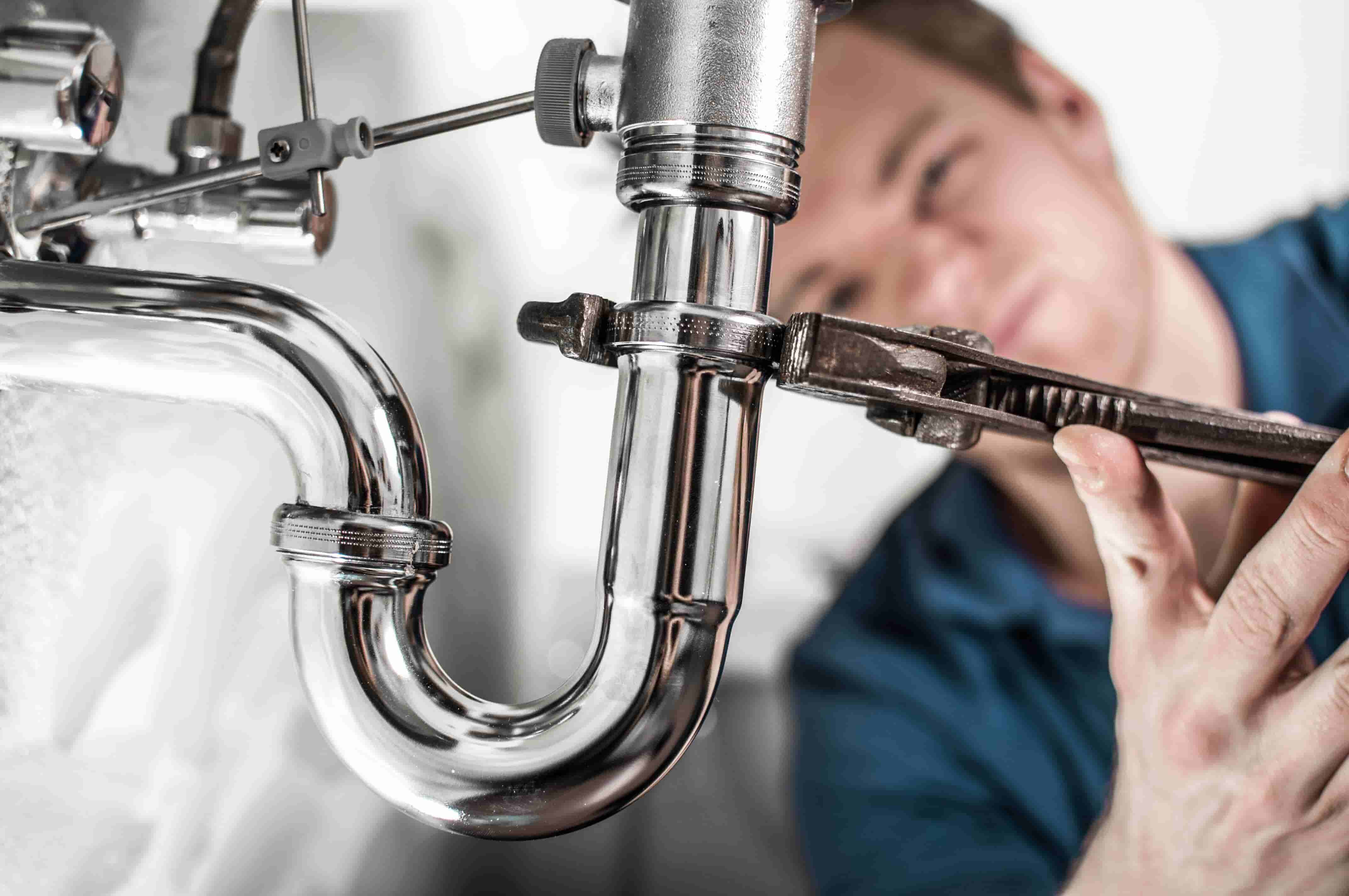
That being said, even if you don’t know how long will your pipes last, there are some little tricks that you can use to make them last longer and reduce the risk of having uncomfortable water leaks.
How much should my pipes last?
As we said before there are a lot of elements that contribute to determining how much time will your pipes last, but one of the most important is the material they are made of, in fact, different materials have different life expectancies and knowing how your pipes are made can give you a better estimate of how much time they will last.
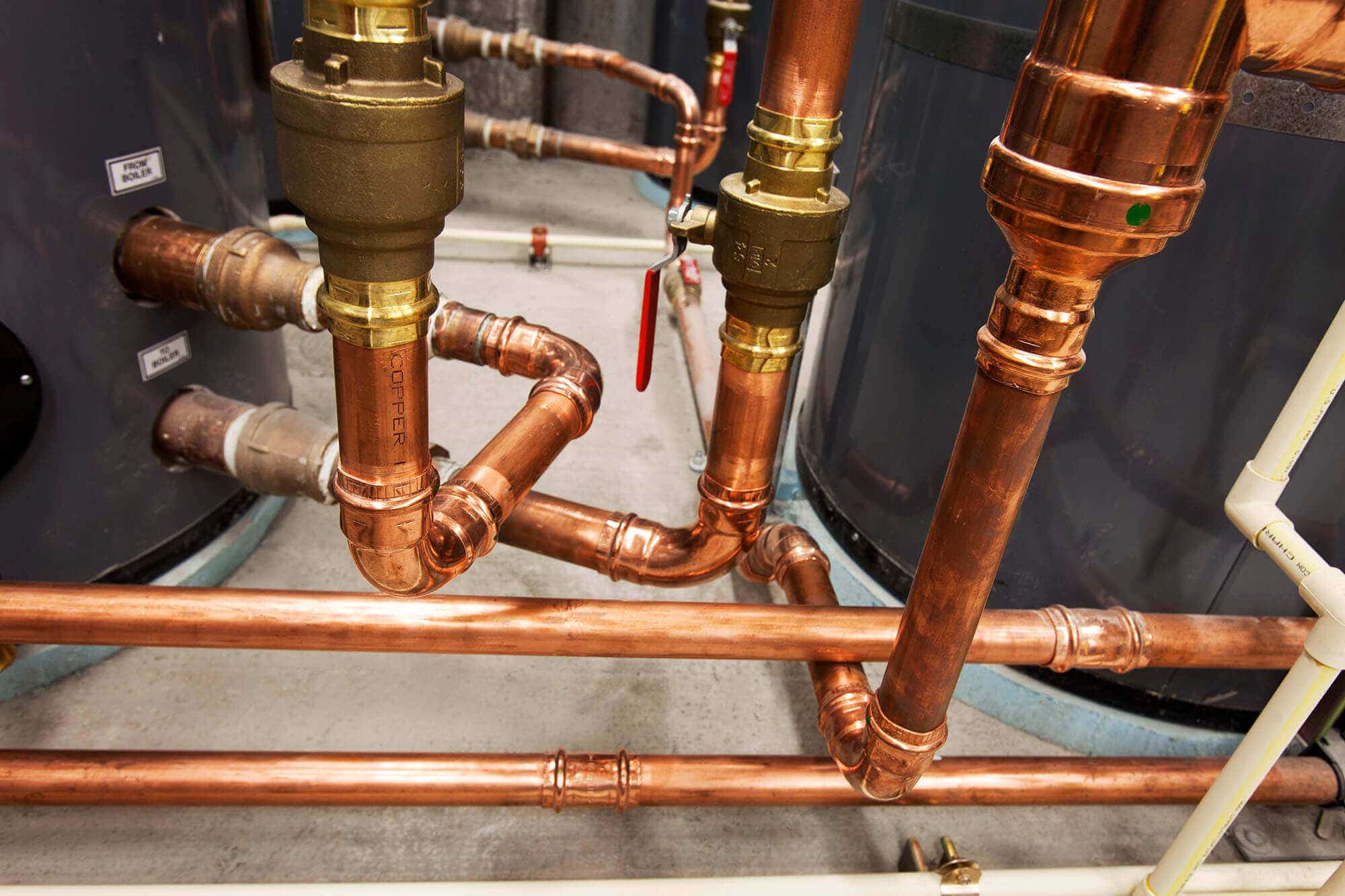
Copper – around 50 years
This is probably the most common material used in today’s plumbing systems, and it’s like that since the seventies. So if your house was built after that period you probably have those pipes. This material offers two big advantages:
- It’s not expensive, so if you need to change a pipe you won’t spend a lot of money
- It’s really resistant, in fact, copper pipes usually last around 50 years
Plastic – more than 50 years
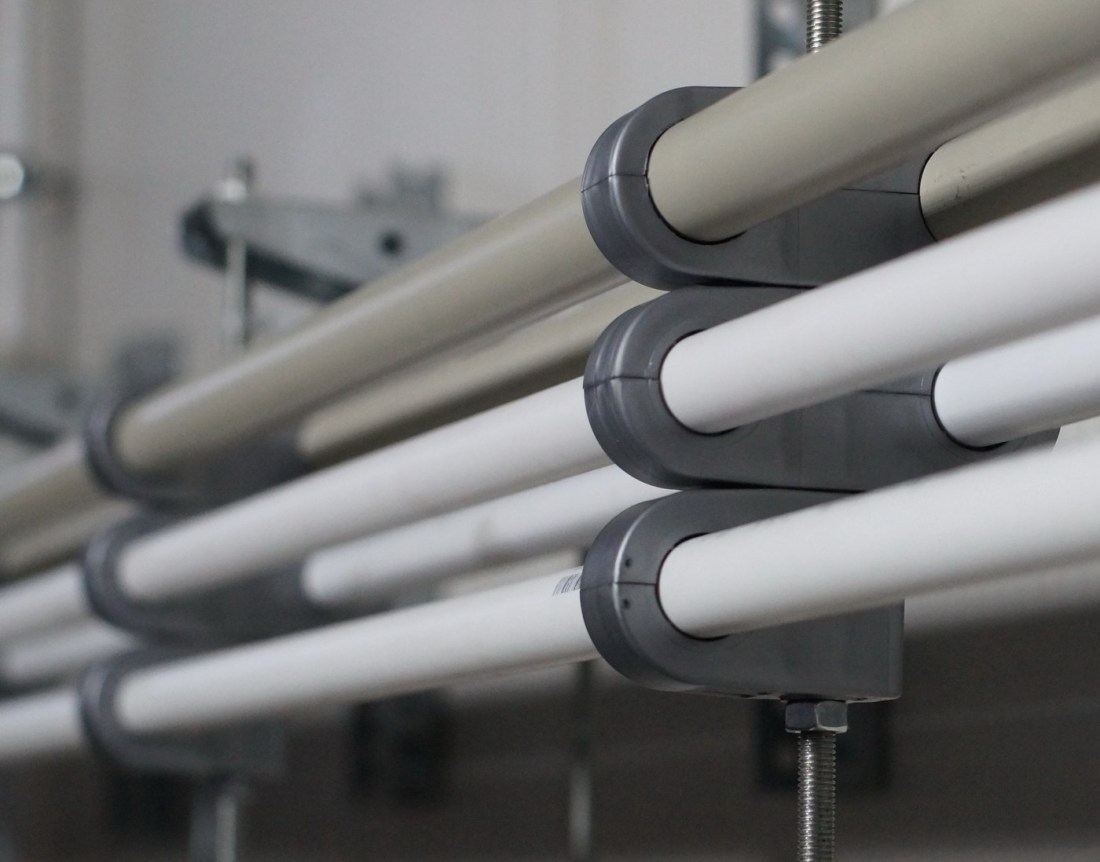
This material has the major advantage of not being corroded by water and this makes it virtually unbreakable, however, this doesn’t make it indestructible and there are other problems that can occur and that can damage this type of pipes.
In particular, from 1970 and 1990, a particular type of plastic called polybutylene was used to make a big quantity of pipes and besides being less expansive than PVP, CPVC, and PEX it was also more fragile, so if your house has plastic pipes installed during that period, it may be a good idea to give a look at their condition in the near future. For any installations, repairs, or replacement of pipes in the Hastings area, visit here.
PVC pipes are used in many industries, such as plumbing, construction and manufacturing. PVC pipes are made of plastic and can be used for a variety of purposes. They are usually used in construction projects or to transport liquid materials. They can also be used in plumbing, as they are resistant to corrosion and have high flexibility.
Galvanized Steel – between 20 and 50 years
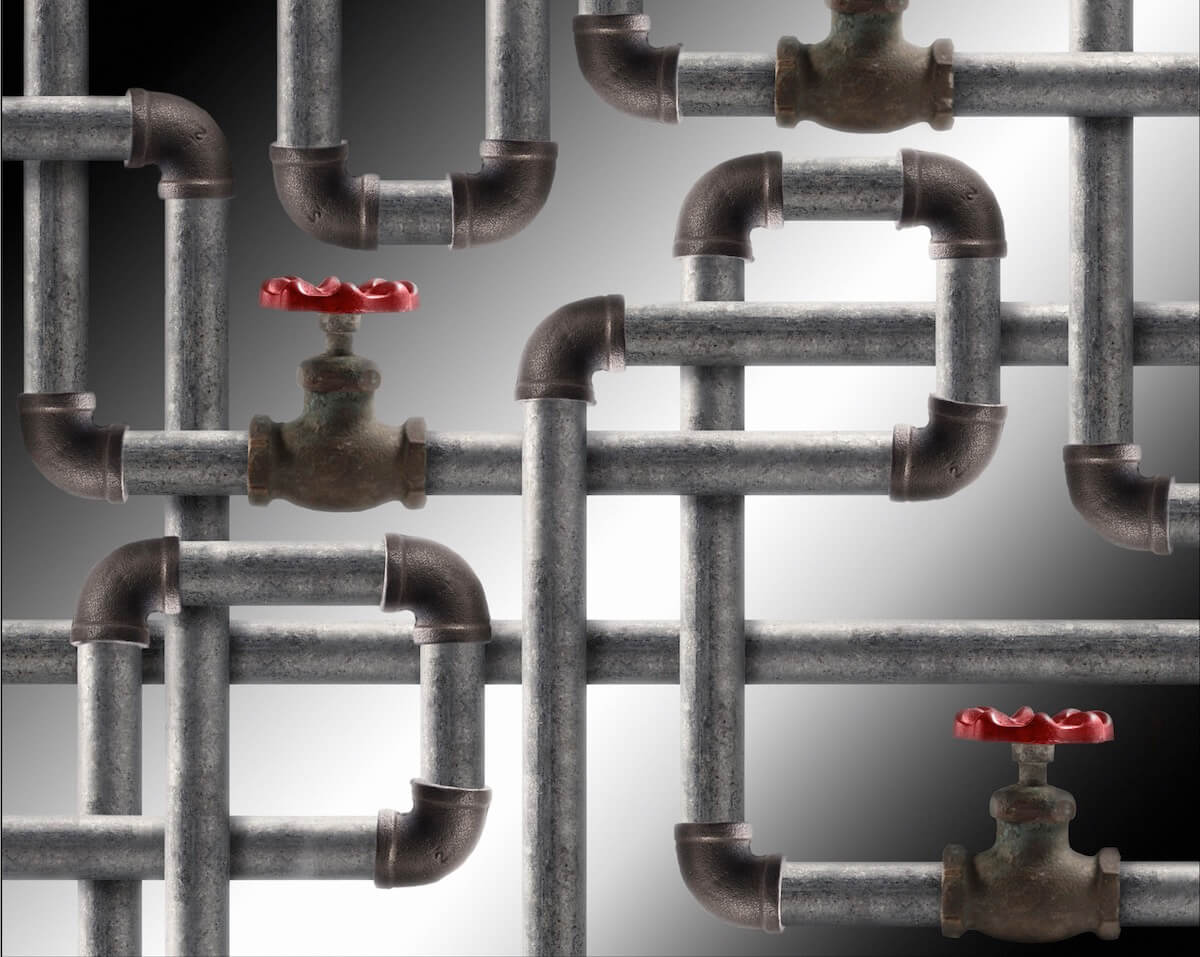
Before copper this was the go-to material for plumbing pipes, in fact, the majority of houses built before 1970 have the plumbing system made in this way.
Since steel can easily corrode these types of pipes were dipped in a zinc solution to slow down this process, but since they usually last only between 20 and 50 years, if you have galvanized steel pipes in your house is almost certainly the time to change them.
What makes plumbing pipes wear out?
Know that you know how much your pipes should last based on their material it’s time to discover what makes them wear out and how can we slow down this process so you can increase their life.
Corrosion
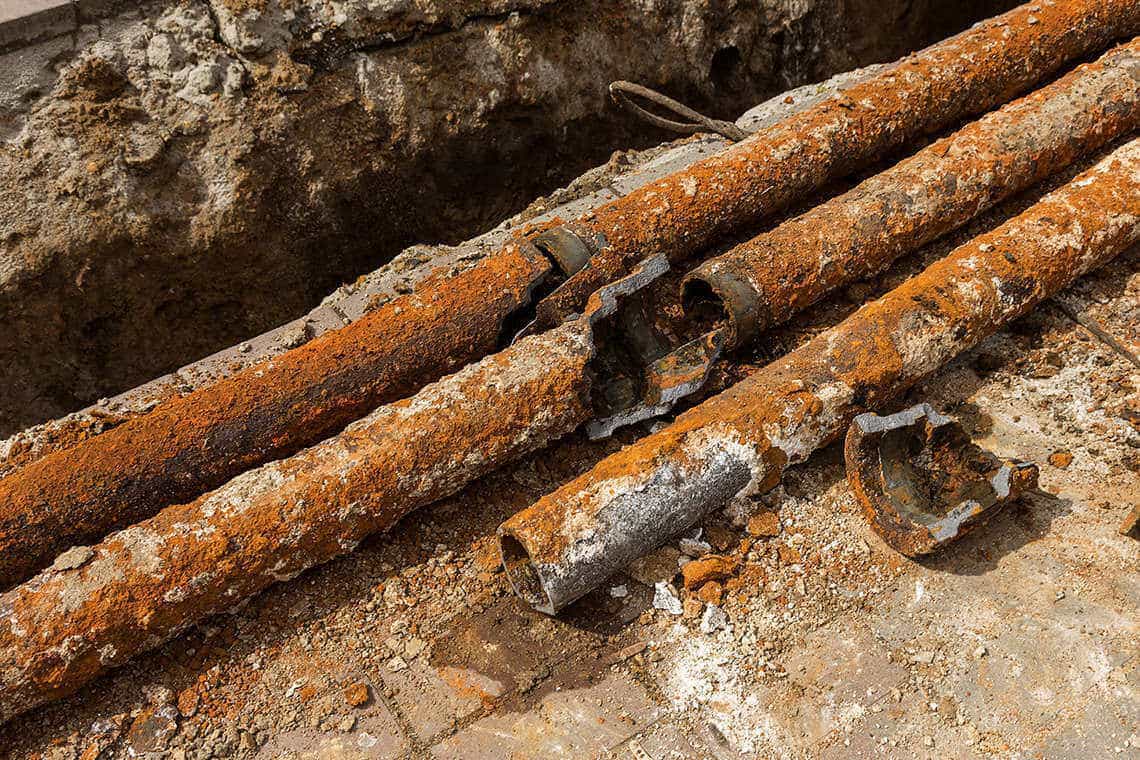
This is the most common reason why pipes get damaged and unfortunately, we can’t do too much to prevent this to happen in fact, every time we use the sink, the shower, the toilet or any other appliance that require water, we are actively contributing to increasing the corrosion of our pipes. Another uncomfortable aspect of pipes corrosion is the build-up of minerals that can force the water to work harder to push through the pipe and this will result in higher water bills since you will need more pressure to have the same amount of water.
High water pressure can also cause a pipe to tear or burst and last but not least it may also cause some harmful materials like heavy metal to leak into your water supply causing damage to the appliance and being dangerous for your health. As you have seen pipes corrosion can be a pretty uncomfortable problem to have and it mostly happens to copper and galvanized steel pipes, so if your house plumbing system is made with one of those materials be really careful and check its condition regularly.
What causes corrosion?
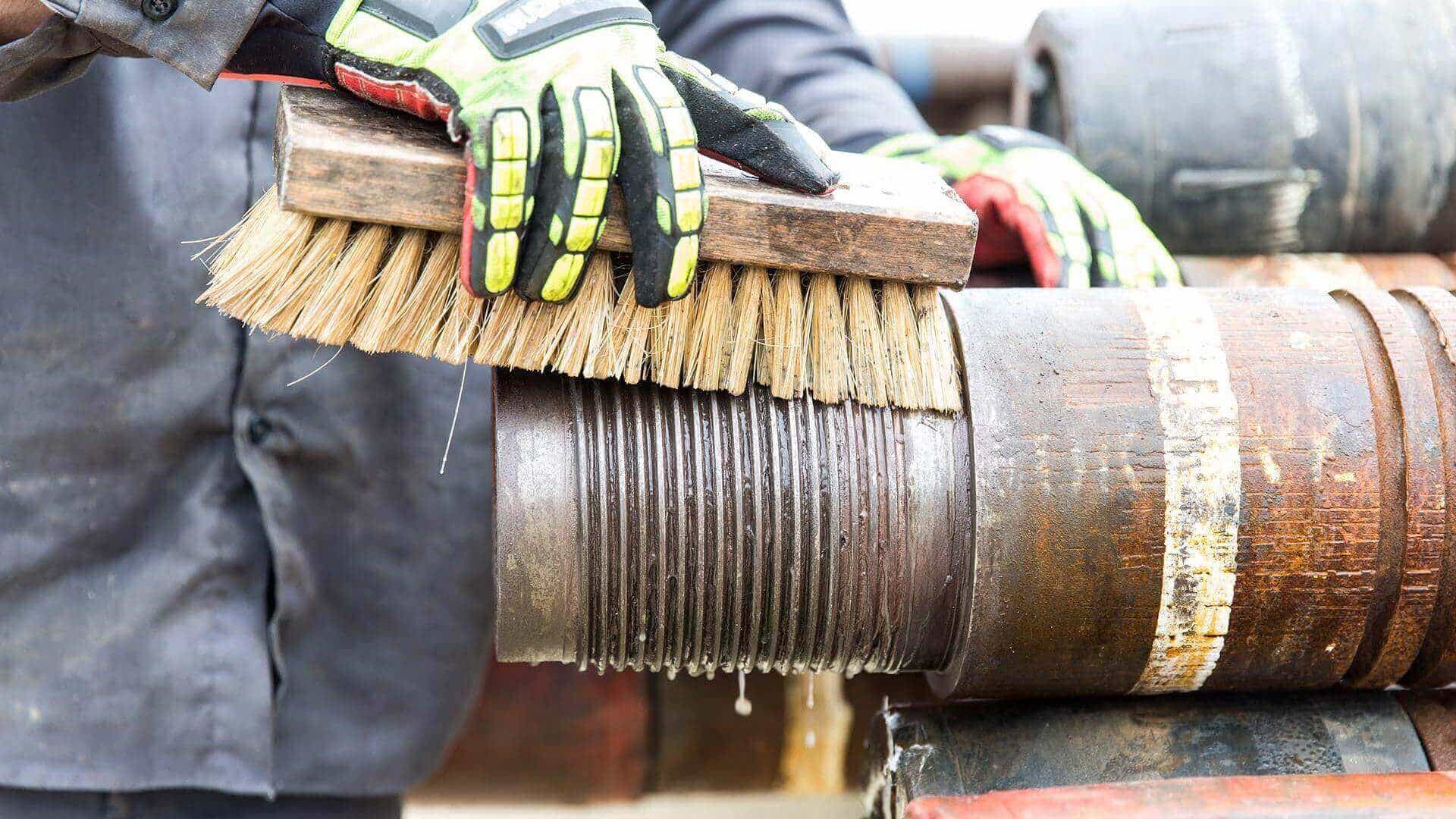
The main reason why pipes get corroded is the contact with water, but more specifically different types of water can cause different types of pipes to corrode:
- Hot water can be be “harder” on metal pipes increasing the speed at which they deteriorate.
- Chemicals added to tap water can sometimes change his PH making it more corrosive.
- High saltwater is famous for corroding pipes, in fact, his small salt crystals will scrape the inside of your pipes.
- Water full of heavy metals will have on your pipes the same effect of saltwater scraping their inside.
How to tell if your pipes are corroded?
Now that you know what is pipes corrosion and what causes it, it’s time to discover how to spot if one of your pipes is already corroded of it near the end of his life.
This is really important because repairing or replacing a pipe before it’s completely broken can usually make the difference between a small plumbing problem and a massive one, that besides damaging your plumbing system can also damage other parts of your house, making the repair more costly.
Here are the 3 main sign that one or more pipes of your plumbing system are corroded or almost there:
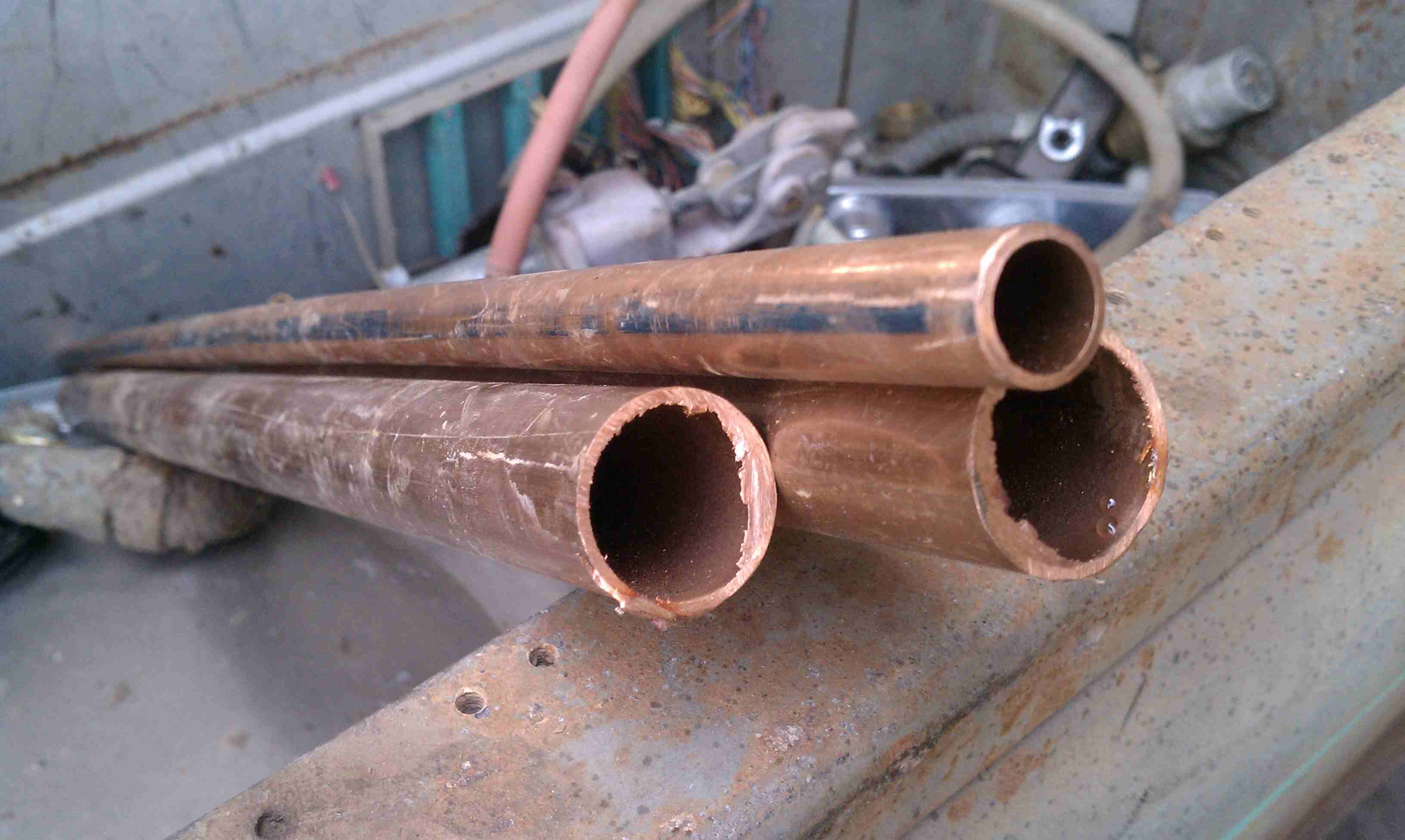
- Brown water: the good news is that this the easiest sign to spot, in fact, you simply need to turn on the water and if what comes out is a brown nasty liquid it means that the pipes are corroded. The bad news is that when this happens it means that the plumbing system is really damaged and probably it’s not only a pipe to have problems but the system as a whole.
- Frequent clogs: if you notice that your pipes are getting clogged more often than normal is probably a sign that something is happening inside the pipes so it would be a good idea to call a plumber to have a preliminary inspection
- Inconsistently low water pressure: this is another sign that something is going on inside your pipes and probably it may be related to a pipe that is beginning to corrode so also, in this case, it’s better to call a plumber to inspect your plumbing system.
Conclusion
Now you know everything that you need to make your pipes last longer and prevent any future damage, use those tips wisely and you’ll be able to increase the life of your plumbing system and avoid costly reparations. See more information about plumbing at www.thearchitecturedesigns.com.

